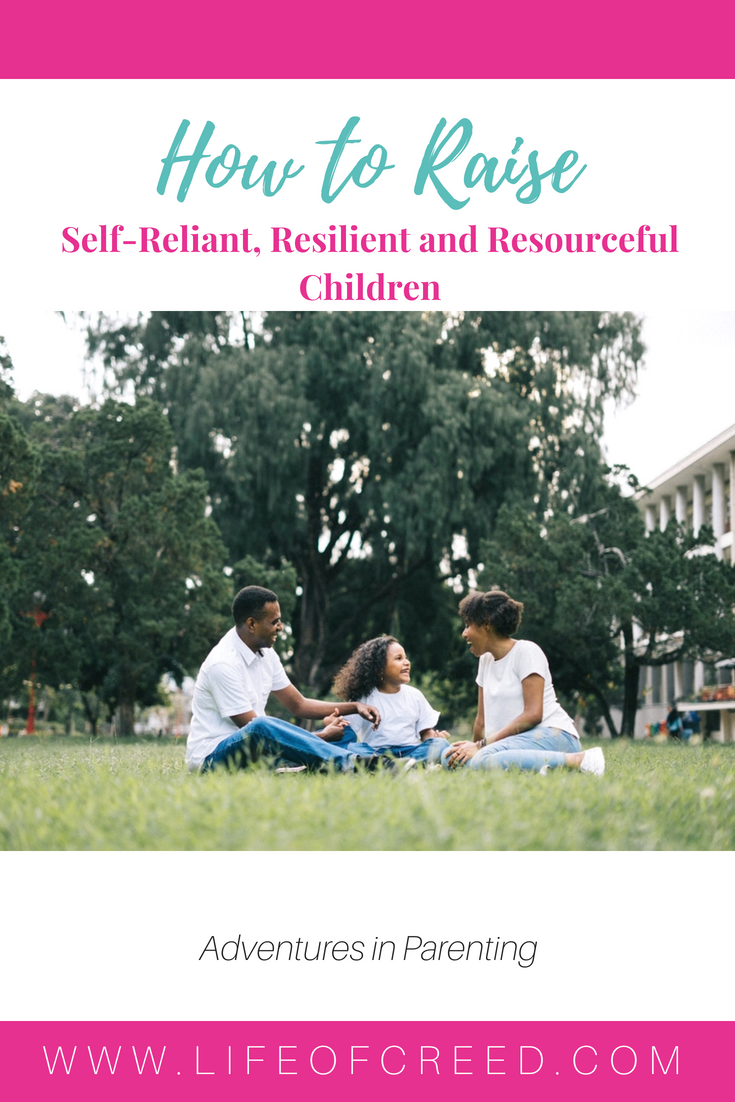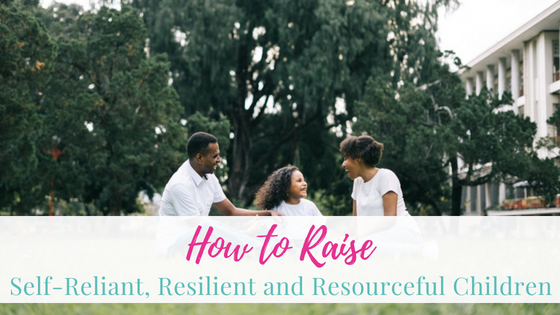
Don’t ask perfection of them
It is not rare for parents to have the idea that if their children are not perfect in what they do, they will never be successful. Asking too much of them is the main source of anxiety and one of the biggest causes of severe depression in both children and young adults. If you find your child staying up late hours studying for school after going to ballet classes and in between their French and art classes, this just might be a cue for you to ask yourself whether you’re pushing your child too hard.

Be a mentor, not a Dementor
The more you give your children orders and try to control them, the more they will disobey and act out. Don’t make your kids see you as a malicious Dementor from the Harry Potter franchise, but embrace their choices and guide them in a way they approve. They will appreciate your help and guidance as long as you respect their own choices. Inform yourself about their hobbies. If they are having trouble in school, go through their books with them and help them find better ways to study. Find the best VCE notes for them if they can’t find them on their own. Teach them patience and persistence and this will take them halfway to self-reliance, resilience, and resourcefulness.
Teach them the 4Rs of mental health
Mental health is just as important as physical health is, thus you should teach your children to recognize the symptoms of stress and mental illness. Constantly having obligations is the main source of stress in young people. This is where the 4Rs of mental health comes in – rest, reflect, release and relate. Besides being successful in school and other activities, having time to rest and restore energy is a must. Reflecting on their mental state and abilities helps them see where they stand from another perspective. It’s okay to cry sometimes and release from pressure, so teach them to show their feelings rather than hide them. Lastly, friends make up our world. Without relations, our social being is hungry for company and contact.

Get Help From Professionals When You Need It
There may come a time when professional help is needed. Of course, as a parent, you will want to take care of many things – but you can’t do everything all at once. You have plenty of responsibilities and sometimes you will need someone else to step in. You can find all kinds of help by looking at the likes of care.com reviews and seeing what’s available, for instance. From babysitters to therapists, it would be a good idea to consider things like this. You will find that assistance like this can be extremely beneficial in the long run.
Don’t overprotect them – embrace their independence
So-called helicopter parents of today tend to overprotect their children, wanting to prepare them for the future as much as they can. This can be a problem since parents often forget that independence is not something they can make for their children. The fault in parenting that comes from the “under the bell” lifestyle is the main reason why young adolescents are incapable of separating from their parents and living on their own. Instead of protecting your children from all the hazards of the world, try encouraging them to accept some real-life challenges.
There is a thin line between being a permissive parent and neglecting a child, and an even thinner one between being protective and controlling, respectively. Before listening to any sort of advice, remember to talk to your children first. No one can know and understand your child better than you. Listen to what your children have to say and they will tell more than you need to know to help them become the best persons they can be.
About the Author

Zara Lewis
Contributing Writer



Love this! Being A Mentor and not a dementor is so important! I can’t wait to share this blog with my sister. She has three little ones.
Thanks for sharing this post with your sister. Agree, being a mentor is very important.
What a great article – as a parent, this gives me a lot to think about and work on applying as I watch my kids grow up.
Boy, this post really struck a chord in me. Not because I have children, but because I recognize just how different parenting is than it was decades ago when I was a kid. My parents were perfectionists and never allowed me to make mistakes, which turned me into a perfectionist as well! Believe me when I tell you that perfecting things is a losing battle because even if it’s great, I never think it’s good enough! I really love the idea of the 4 R’s and so wish my parents had known about that, as well as all the other things you’ve mentioned. I’ll definitely be passing this on to my friends who are parents because I think it’s extremely valuable information! Great post. Truly!
I enjoyed reading this. I agree that we all want the best for our children but sometimes we can mess it up. I love the 4R’s of mental health and will be remembering that one.
Great tips here! I can really use these tips to my niece and nephews!
I absolutely LOVE this post. I had a very strict parent who never taught me to do anything, and it has affected me well into adulthood. I understand being protective, but now I struggle to look after myself and am still learning things that teenagers can do better than me. I think it is SO important to ensure that you don’t teach your kids to doubt themselves, but to encourage them instead, and show them they can do anything they put their minds to!
What a great post! Even though I don’t have kids yet I think these tips are good to keep in mind when parenting.